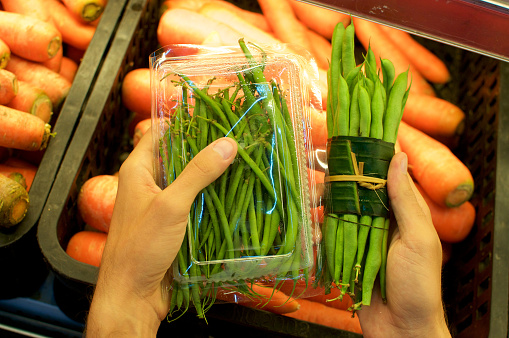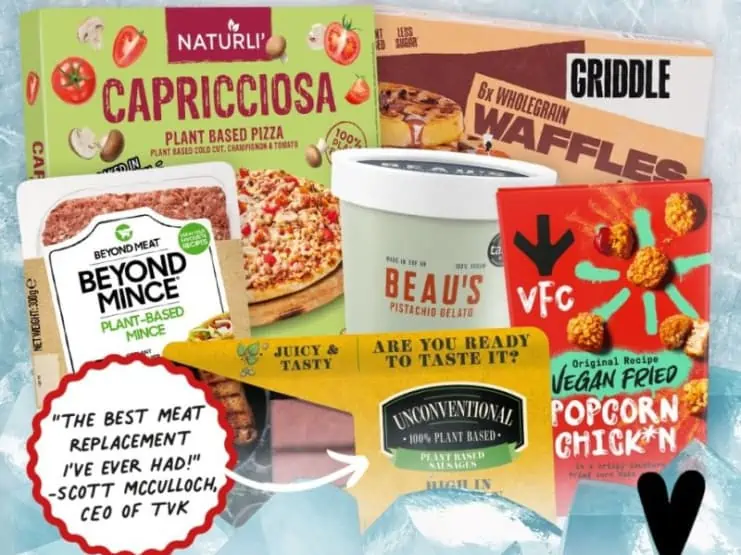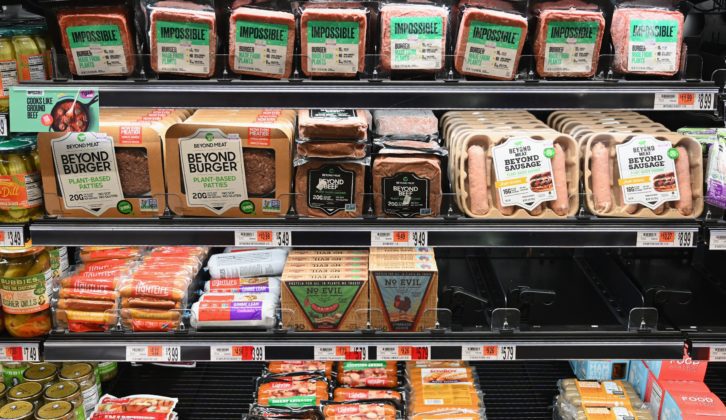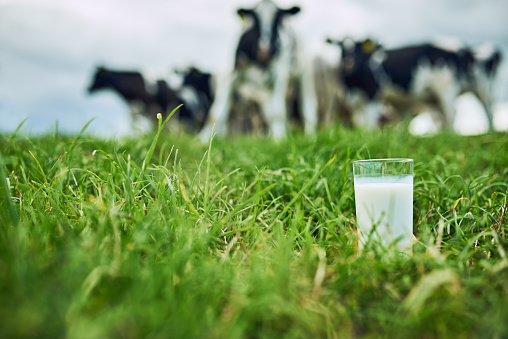Reviewed by Olivia Frost
As the global population continues to increase, the corresponding rise in food production will profoundly impact the food industry.
Under the current model, which heavily depends on industrial farming, meeting the growing demand for food will necessitate increased output from industrial farming. This will further contribute to the environmental footprint by generating more greenhouse gases.

There is an urgent need to adopt new strategies to fulfill the rising demand for food production while concurrently mitigating its environmental consequences. Sustainable food sources are undeniably crucial in addressing this global food production crisis.
The primary considerations when choosing new food sources include superior flavor profiles, widespread availability, sustainable procurement, affordability, and optimal nutritional content.
This article will delve into sustainable food sources that align with these criteria and the key analytical innovations required to introduce them to the market.
The Global Food Production Crisis is a matter of great concern. According to the United Nations, the world’s population is estimated to reach 9.8 billion by 2050 and 11.2 billion by 2100.

To feed this anticipated population growth, governments worldwide must proactively increase their food resources to meet the surging demand.
A significant challenge arises when examining the existing food production paradigm. It becomes evident that agriculture, particularly industrial farming, contributes substantially to one of the largest environmental burdens, primarily through the emission of greenhouse gases, notably methane.
Agricultural commodities used for livestock feed demand substantial water resources. As water becomes scarcer in some areas of the world, these feed commodities, if not already, will impose significant environmental strain.
This reliance on livestock as a primary food source drives the expansion of feed commodities, leading to the depletion of large tracts of rainforests and other ecosystems that act as carbon sinks, exacerbating global warming.

Addressing the global food production crisis necessitates an alternative approach distinct from the current food production paradigm.
The Sustainable Food Solutions
As industrial livestock operations demonstrate negative environmental impacts, the need for establishing sustainable food sources to meet growing food demands becomes increasingly evident. To address this challenge, food manufacturers worldwide are exploring various protein sources that meet the following criteria:
- Environmentally sustainable
- Have optimal nutrient composition
- Cultivated in a socially responsible way
Several promising sustainable food sources have emerged, including insects, cultured meat, fungi, algae, and plants.
** Click here to read the full-text **









